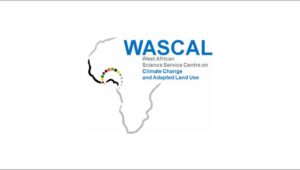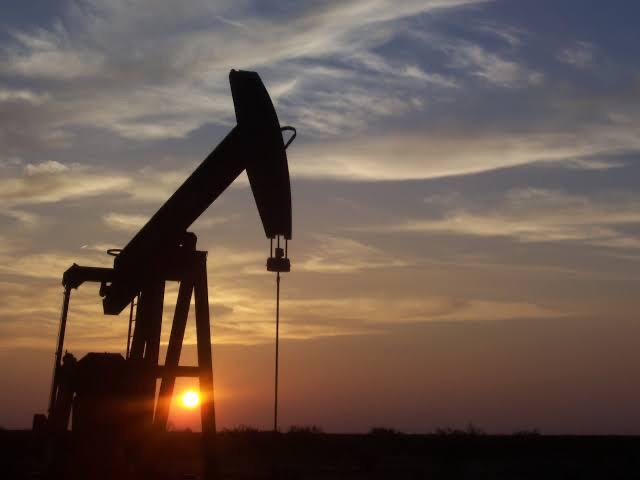 Germany and WASCAL have entered into a strategic partnership for the establishment of a hydrogen exploration project. The project is to benefit all the West African countries under the umbrella of the WASCAL network.
Germany and WASCAL have entered into a strategic partnership for the establishment of a hydrogen exploration project. The project is to benefit all the West African countries under the umbrella of the WASCAL network.
The partnership will be facilitated through the joint research centre, the West African Science Service Centre on Climate Change and Adapted Land Use (WASCAL). WASCAL was established by the German Federal Ministry of Education and Research (BMBF) as part of the German government’s strategy in Africa.
Eleven (11) African countries including Nigeria, Benin, Burkina Faso, Cape Verde, Ivory Coast, Gambia, Ghana, Mali, Senegal and Togo are currently integrated into the WASCAL network. Each country pursues regionally adapted research priorities based on several aspects of sustainable land management under land use and climate change.
Last month, German Federal Research Minister, Anja Karlickzek, and the Minister of Higher Education, Research, Science and Innovation of Niger and Chairman of the WASCAL Council of Ministers, Yahouza Sadissou, agreed on various measures to expand the hydrogen strategic partnership into West Africa.
The BMBF also launched the broader H2Atlas-Africa project last month. This was in partnership with several African research institutions to explore the potential of green hydrogen production from the vast renewable resources on the continent.
Mr Sadissou said, “WASCAL and the BMBF have been working together successfully for almost ten years and have already enabled 200 young scientists to quality in ten interrelated topics on climate change, to support hydro-meteorological observations stations and to provide customised models and information for politics and local adaptation strategies to work.”
The BMBF has promised a continuation of the graduate school programme as it aims to commit to hydrogen as an energy carrier of the future. WASCAL has also launched a research biogas laboratory at Lomé University, Togo, to broaden knowledge on climate change and its impact in West Africa.
Also commenting on the partnership was the German minister. She said, “I am therefore very pleased that we laid the foundation for a hydrogen partnership today. It holds great opportunities for everyone involved: for West Africa, for Europe and for Germany.”
“We launched an atlas of potentials on green hydrogen in West Africa and expert teams have started their work in the 15 ECOWAS countries. We want to publish the potential atlas by the end of the year,”
“This includes our successful graduate school programme, which has so far produced around 350 graduates in disciplines such as food security and water management. In addition, with the new construction of the WASCAL competence centre in Burkina Faso we will set up a high-performance research infrastructure of climate and environmental data”
South Africa is also said to be carrying out a similar project through a partnership with Angola, Botswana, Namibia, Zambia and Germany, through the Southern African Science Service Centre for Climate Change and Adaptive Land Management.
